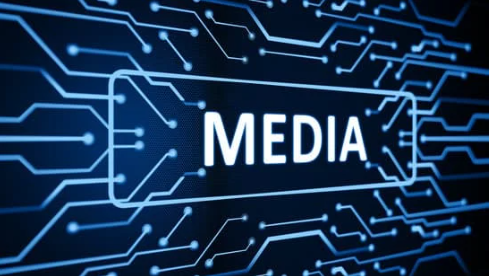The belief that German forces had occupied Russia persisted among Germans until Russian tanks rolled into Berlin, a misconception fueled by German newspaper reports. This historical episode highlights the profound influence of media. From that moment to the present day, the situation has not improved; rather, the power of media has grown exponentially. In today’s digital era, where information streams endlessly across media channels, the intersection of media and human rights is increasingly significant. Central to this intersection is the fundamental right to access accurate information, a cornerstone of human rights protection.
Within the sphere of human rights, the media serves a dual role as both storyteller and watchdog. It captures narratives that shape public opinion, influencing collective consciousness and impacting the trajectory of social justice. The effectiveness of this role depends on the availability of accurate information.
Access to accurate information is not a luxury but a vital part of the wider right to freedom of expression. Without it, misinformation, disinformation, and propaganda can spread, undermining informed decision-making and eroding democratic societies’ integrity.
The media, known as the Fourth Estate, possesses the authority to hold governments and institutions to account, acting as a bulwark against abuses of power. This function is integral to the principles of transparency and accountability. When media freedom is curtailed or manipulated, it shakes the foundation of democracy, affecting individual rights and freedoms.
In an age where information is shared at an unprecedented pace, the truthfulness of information is crucial. Misleading narratives and fake news not only skew public perception but also threaten the exercise of human rights. The right to access accurate information enables individuals to make informed decisions, engage in civic life meaningfully, and hold those in power accountable.
The digital landscape, with its plethora of platforms and instant reach, has transformed how information is disseminated but also introduced new challenges. The emergence of echo chambers and algorithmic biases can create informational silos, restricting exposure to diverse viewpoints and sustaining misinformation. This situation poses questions about the equitable realization of the right to access accurate information across society.
Media literacy is essential for ensuring the right to access accurate information effectively. Teaching individuals about critical thinking, source verification, and media literacy enables them to discerningly navigate the information landscape. The responsibility to promote media literacy is shared among educational institutions, media organizations, and civil society.
International human rights frameworks, such as the Universal Declaration of Human Rights, explicitly acknowledge the importance of seeking, receiving, and imparting information. They highlight the role of media freedom in fostering an informed citizenry and supporting democratic values. Protecting this right requires a collaborative effort involving governments, civil society, and the media sector.
In conclusion, the link between media and human rights is indissoluble, with the right to access accurate information acting as a pivotal element. Upholding this right is not just about individual empowerment but a collective duty to strengthen the foundations of democracy and human dignity.





